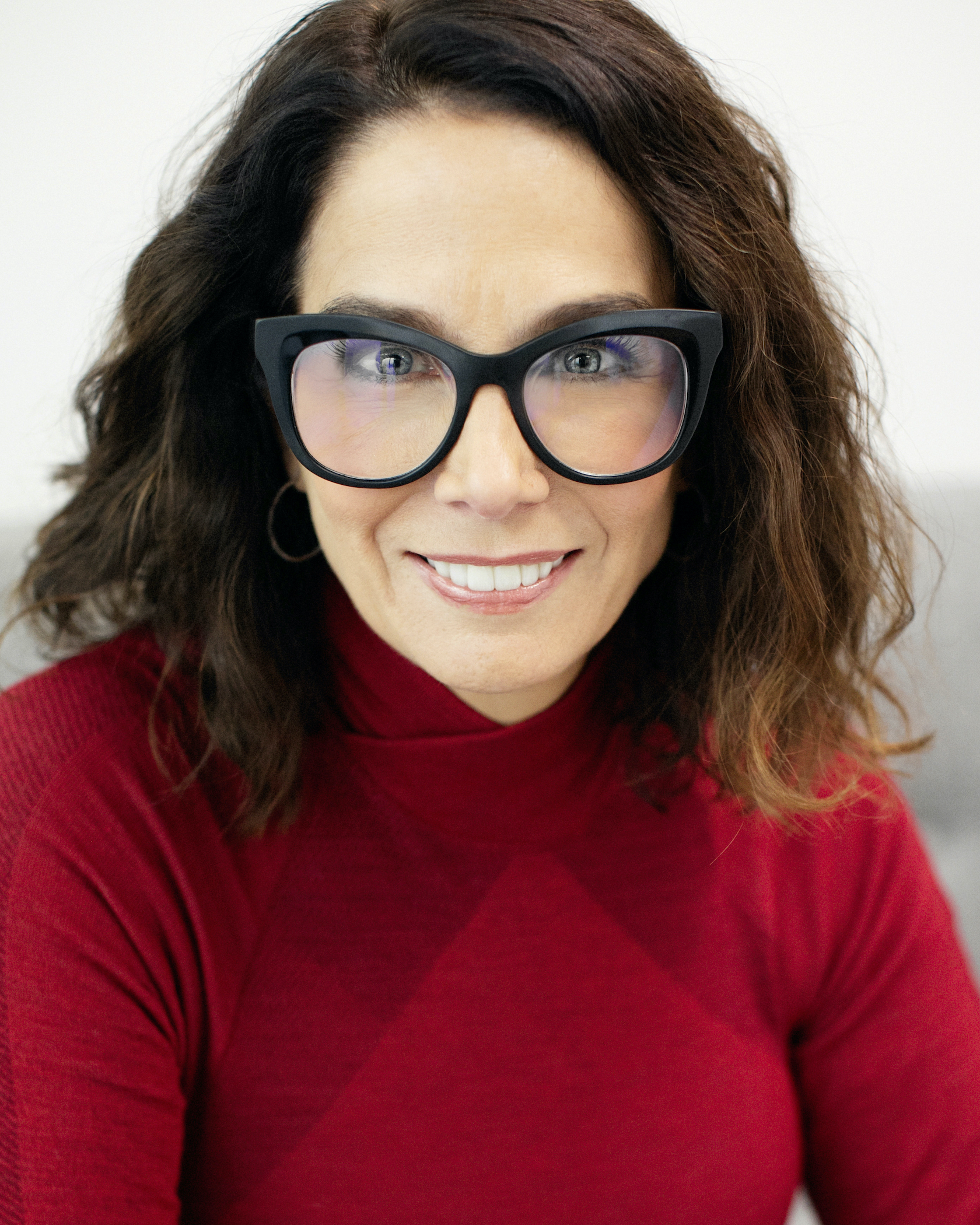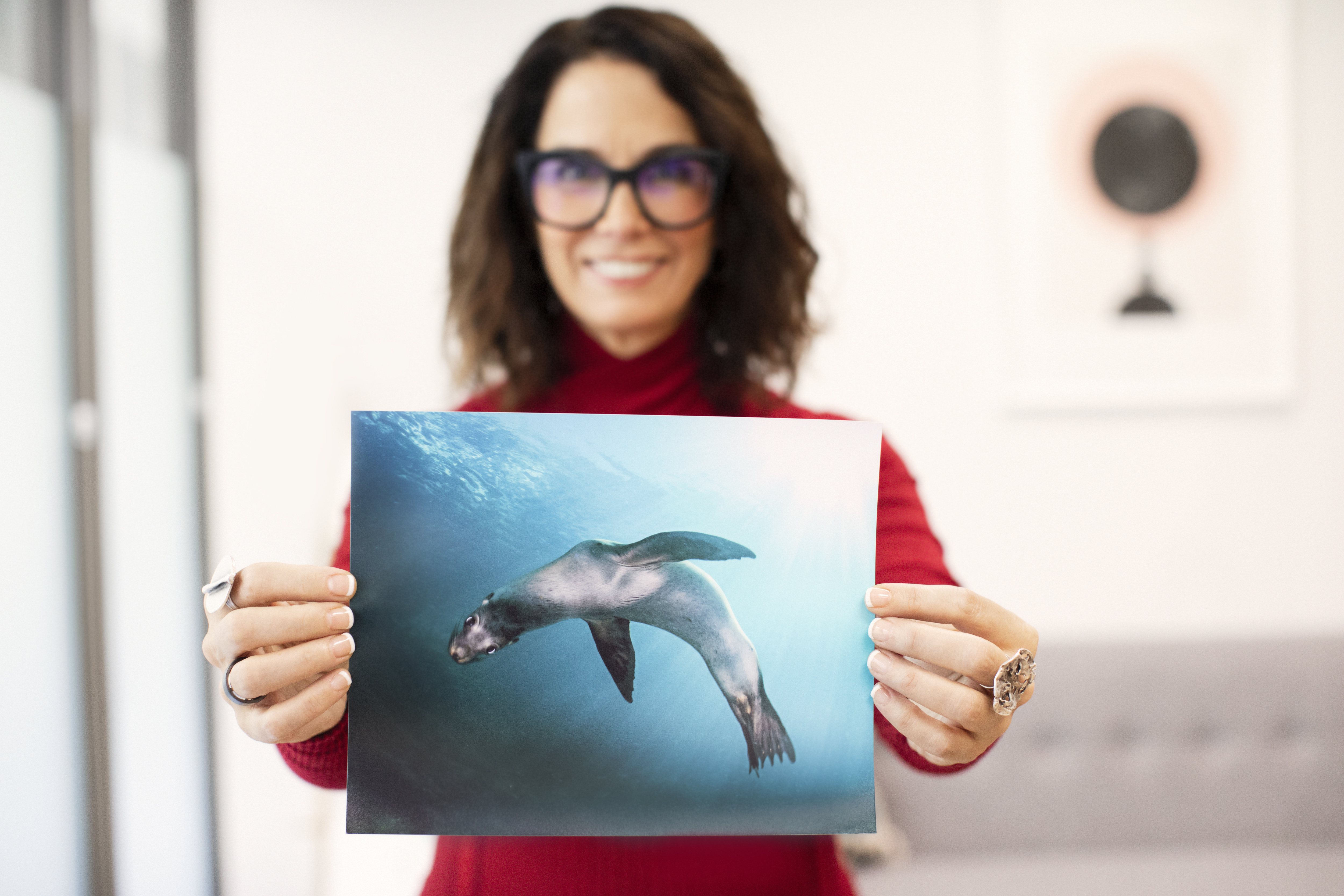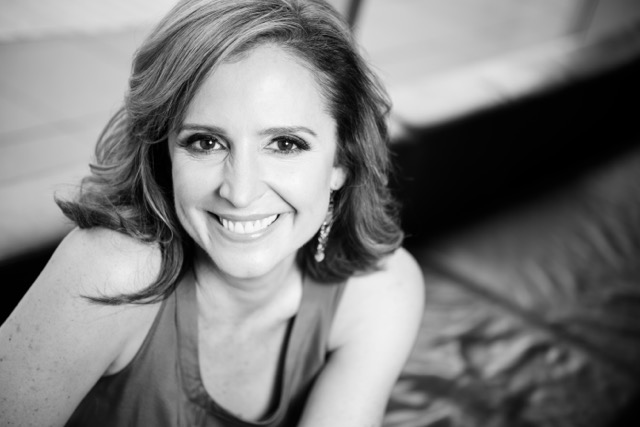
Working with thought leaders on shaping their speaker platform is an incredible privilege. In this candid conversation, a dynamic and powerful speaker, Marie Elizabeth Mali shares some insight into who she was, who she is and who she has become based on her method and the practice of relationship alchemy.
Tricia: You grew up in New York. What was that like?
Marie Elizabeth: I loved growing up in such a culturally rich and diverse place and having lots of ways to get around without needing a car.
From roller skating to school during the transit strike in 1980, to walking to my best friend’s Tony’s apartment after I finished my school day at The Brearley School to hang out and jam, to riding my bike across town to dance class at Hines Hatchett (later, Broadway Dance Center and Steps 74th), and into Central Park to work at the Delacorte Theatre in the summers, to jumping on the 6 subway to Astor Place to work at the Public Theatre where I was an usher and eventually worked in the development office.
Another one of my favorite parts of growing up in New York was the food. From bagels and lox, to falafel, to dim sum, to sushi, to Indian, to French, to Moroccan, to Cuban-Chinese, having access to such a wide variety of cuisine from cultures all over the world made me an appreciative and adventurous eater and traveler.
Tricia: How did you come to be the Relationship Alchemist?
Marie Elizabeth: While I was an excellent student and have had clarity around my purpose since my teens, the main area of my life I consistently experienced difficulty and suffering was in my relationships.
I grew up between three cultures (Venezuelan, Swedish, and American), which created the capacity to connect with people across cultural lines. But I also had a deep need to belong, since I never really fit in anywhere.
This capacity to connect created my gift of being able to meet people where they’re at with curiosity and openness — one of the hallmarks of being a relationship alchemist — but it also created a wobbly sense of self and a tendency to become a chameleon at the expense of having an authoritative presence and access to my own truth.
As a sensitive kid, I craved depth, connection, and authenticity, and noticed early on how our conditioning — picked up from family, culture, religious upbringing, and education—gets in the way of being real with one another.
I didn’t know how to have a relationship continue to work after the heady, romantic flush of the honeymoon period. Inevitably my relationships declined over time, suffocating under unresolved resentments and unexpressed desires because I didn’t know how to approach relationship as a place to grow my ability to ask for what I want, receive another’s wants with graciousness, and stay connected through challenges.
After my divorce in 2012, it became clear that it was time to dive into the question of why my relationships kept not working out long-term. To become the Relationship Alchemist, I dove into a deep study of relationships and sexuality that expanded my range as a coach into this realm.
I mean, we teach what we most need to learn, right? Another way to say it, is that the things that have been hard for us to cultivate skill and joy around in life are the things we’re best able to teach. Since it’s taken effort to figure out how to make them work, it’s easier to see the challenges others are facing and help them through them.
I’m a great Relationship Alchemist precisely because relationship hasn’t come easily to me, despite having a huge heart and curiosity about people.
So what is Relationship Alchemy anyway? It’s the culmination of 30 years of my personal development and spiritual growth work, my background as a Chinese Medicine practitioner with a deep understanding of how energy and emotion get stuck in the body, and my direct study of relationships and sexuality.
In Relationship Alchemy, you are the alchemist and your blocks, trauma, resentments, and limiting beliefs are the material being alchemized in order to access love without limits, which is the gold at the heart of who you are.
Your relationship is the catalyst that helps you work through these limitations on your ability to love full out.
What I’ve seen in over 20 years of supporting clients is that it’s not enough to learn how to listen and stay the right words because the energy behind the pretty words is what they’ll actually respond to. If you have unprocessed emotional residue clogging your system, you can do “everything right” and it’s still not going to work the way you want it to.
Coming into alignment with who you really are, which is love, is the crucible in which you become liberated from the constraints that have kept you stuck repeating the same patterns, and making the same relationship mistakes, over and over again.
Tricia: Did you have an awakening to the idea of how to serve?
Marie Elizabeth: When I was 17, I did a summer theater program in which I sang a sad solo in our final show, The Me Nobody Knows. After the show, a boy came up to me and said he cried in front of his mother when I sang. I had an epiphany around my purpose because I saw what happens when I tap into my power to move people emotionally with how I show up.
No matter the work I do—and I’ve done a variety, like massage therapy, acupuncture, color therapist, life coaching, poet, relationship coaching—I’m here to bring people out of their mundane and limited way of experiencing themselves and life into something richer, more nuanced, with more connection to and acceptance of the depth and truth of who they are, so when they return to their life after being with me they feel softened and opened to love, curiosity, generosity of spirit, and wonder.
Tricia: What is the biggest mistake people make when they first start dating?
Marie Elizabeth: They try to be the person they think the other person wants them to be instead of being true to themselves. The right person will love and accept you for who you are, not the image you project, because that image you’re projecting will eventually fail, which will have your relationship fail, too.
Tricia: Why do so many relationships fail?
Marie Elizabeth: Most of us haven’t done the work to discern and love who we really are and we’re not taught how to skillfully navigate relationship challenges when they come up.
So when we hit a rough patch, instead of understanding that it’s an invitation to work with the places we tend to contract, or are out of integrity with our truth, or all the ways we fear we’re not worthy, we think the rough patch is a sign that something’s wrong with the relationship and it’s time to end it.
We also get into relationships for many wrong reasons: to fill a hole in our heart, to try to feel worthy, to avoid loneliness, to distract ourselves, and to please or rebel against our family.
If we’re getting into relationships to try to fix or avoid anything, they’re likely to fail.
Tricia: What is the best thing someone can do to contribute to humanity and how does being in relationship support that?
Marie Elizabeth: The best thing someone can do to contribute to humanity is to learn how to self-regulate their nervous system and get intimate with their own reactivity, so they can stay spacious and loving—and have good boundaries—with others and harness their power and potency to serve the world in the way that calls to them.
Being in relationship is the ultimate playground for learning how to harness your spaciousness, power, and potency, because your reactivity (and theirs) is right in your face. Relationship gives you opportunities to work with your reactivity and stabilize your nervous system, so you can expand your access to love and skill in challenging situations.
How we do anything is how we do everything, so learning how to access love without limits in relationship serves you in being more loving and powerful in the world.
Tricia: You always say, “in relationship”, omitting the “a”. For someone who pays attention to words, I love this and would love for you to share with the audience why you are so conscious of this language.
Marie Elizabeth: With the “a,” the word “relationship” becomes a static noun, a thing to get and have. Once you “get a relationship,” it almost immediately begins to decay and gather dust like the rest of the stuff in your home.
But love and relationship aren’t trophies we get and display because they’re nice to have. In fact, approaching love and relationship as things to “get” is another reason so many of them fail.
I prefer to say “in relationship,” because it feels active, like a verb.
Our relationships are alive, growing, and changing because of actions we take, and don’t take, on a daily basis. I like the reminder of relationship being alive, expanding, contracting, and changing that’s conveyed by saying it this way.
Tricia: How do we alchemize and why do we need to?
Marie Elizabeth: To alchemize is to be present to and work with everything that’s happening within and around us. Our ups and downs. What we like and don’t like in ourselves and others. By doing so, we learn to stay spacious and anchored into the truth of who we are, which is love, instead of getting hijacked by our surface personality’s reactions.
Until we learn how to be with and love all of ourselves and others, we’re going to keep perpetuating war, systemic oppression, and suffering in relationship to ourselves, others, and the world.
Learning to alchemize and integrate our shadow is key to our species’ future. Relationship is a potent and expedient alchemical cauldron because it’s where our shadow tends to be on full display.
Tricia: What’s it like being in relationship and being the relationship alchemist? What “do overs” do you practice? And how do you show up in integrity?
Marie Elizabeth: After a lifetime of relationships being hard for me, I have to say that it’s finally become playful and easy. My partner and I move through spats quickly by remembering we’re on the same team. In fact, most times when we fight, one or the other of us will stop in the middle of it and say, “If we were to see this from the perspective of being on the same team, what would we say?” Or simply, “Same team.”
“Same team” has become our shorthand to pause, remember we’re on each other’s side, and to reevaluate the situation from that perspective. And in our house, it’s “Team Lovebomb”.
One gift of a multicultural and urban upbringing is that it’s easier to recognize there’s more than one right way of doing things. It becomes possible to focus more on finding the solution that serves the situation — whether it’s yours or not — instead of staying stuck in a parochial view that the dominant culture tries to pass off as the right way.
Similarly, choosing what serves the relationship in any given situation, whether it’s his idea or mine, is another way we stay on the same team.
I also literally practice “do overs.” If something comes out of my mouth in a way that doesn’t feel good, I’ll ask for a “do over.” And my partner does, too. In this way, we stay conscious around how we’re talking to one another and keep our communications in line with how we want to show up with one another.
He’s very good at letting me know when the tone of my communication doesn’t feel good to him. We’ve cultivated being transparent about how one another’s communications land, to support us both in developing more relational skill.
I show up in integrity in relationship by being up when I’m up and giving myself permission to be down when I’m down. If I’m in a bad mood, I let him know that up front, so he understands that any funkiness he may feel from me isn’t about him. And if I’m mad at him, I let him know that, too!
As a busy entrepreneur who loves my work, one way I finally came into integrity in my current relationship was by learning to stop work at a reasonable hour to prioritize spending time together in a way that’s nourishing for us both.
Especially at a historical moment when more people are working from home than ever before, it’s become key to create boundaries around work and focus on nourishment and connection in our relationships, so we don’t burn out and our relationships don’t collapse from malnourishment.
Plus, the more turned on and in love I am the better my workday feels, and the more magnetic I am to potential clients, so it literally pays for me to prioritize staying juiced up in my relationship. If I may say so, it’s a wonderful gig!
As a Relationship Alchemist and Coach, Marie-Elizabeth helps high-achieving women deepen love and connection in their relationship with themselves and others, so they can maintain peak performance fueled by love and joy. Drawing on her Master’s degree in Traditional Chinese Medicine, her experience in being raised between three cultures (speaking three languages since the age of three) and her thirty years of personal development work, Marie-Elizabeth brings a unique perspective to what it means to be your full, authentic self in relationship and work. Marie Elizabeth is also a member of the Forbes Business Council, a published author with an MFA in Poetry from Sarah Lawrence College, and an underwater photographer who has a thing for sharks. For more on Relationship Alchemy and a free quiz, visit Elizabeth HERE.


